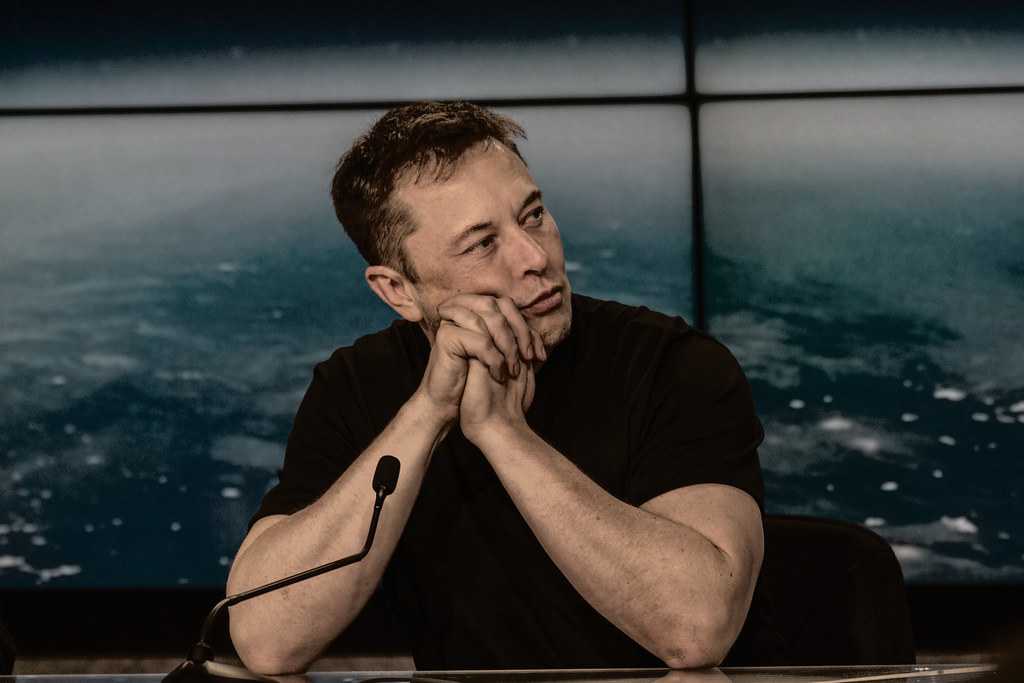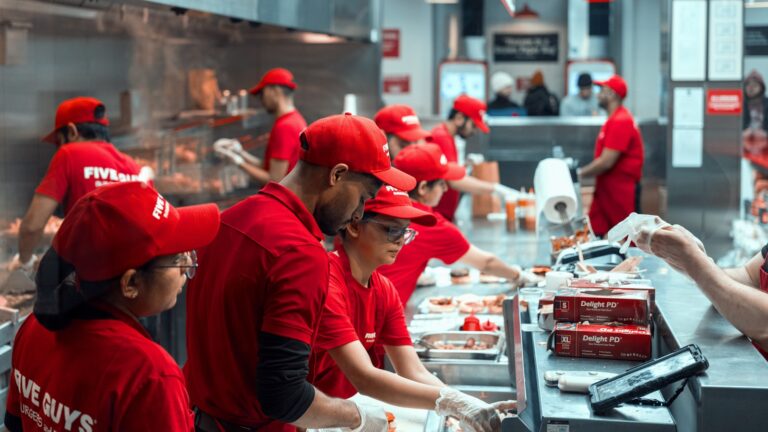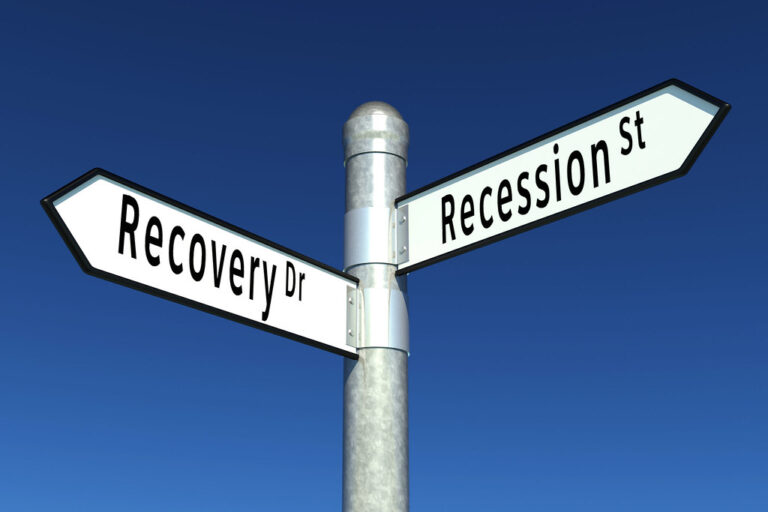Tesla is raising concerns about how escalating tariffs could hurt its business, making it harder to compete in both the U.S. and international markets.
In a recent letter to the U.S. Trade Representative, the company warned that retaliatory tariffs from other countries—particularly China—could make its cars more expensive and limit its growth in key markets.
With global trade tensions heating up, Tesla is in a tricky spot. While it manufactures many of its vehicles in the U.S., it also relies on international markets for sales and imports certain parts from other countries. If tariffs continue to rise, Tesla says it could face higher production costs, reduced competitiveness, and potential setbacks in its global expansion plans.
Why Tesla is Worried About Tariffs
At the heart of the issue is the ongoing trade dispute between the U.S. and China. The increased tariffs on Chinese-made goods has led China to respond with its own retaliatory tariffs on American products, including electric vehicles.
That’s a big problem for Tesla. China is one of Tesla’s largest markets, and the company also operates a Gigafactory in Shanghai, which plays a major role in production and exports. If tariffs make Tesla’s vehicles significantly more expensive in China, sales could take a serious hit.
But it’s not just about China. Tesla also relies on imports from other countries to produce its vehicles in the U.S. If tariffs increase on parts from Canada, Mexico, or Europe, Tesla could see production costs rise, making its cars more expensive to build. That could force the company to either raise prices, hurting demand, or absorb the costs, cutting into profits.
Tesla’s Push for Fair Trade Policies
In its letter to the U.S. Trade Representative, Tesla didn’t outright oppose tariffs but stressed the need for trade policies that don’t unintentionally hurt American companies. The company pointed out that while tariffs are often designed to protect U.S. businesses, they can sometimes have the opposite effect—especially for companies like Tesla that rely on global supply chains.
Other automakers are feeling the pressure too. Companies like Ford and General Motors have also spoken out about how new tariffs could disrupt their operations, particularly if the cost of imported auto parts goes up.
How This Could Impact Tesla’s Future
For now, Tesla is watching closely to see how trade negotiations unfold. If tariffs continue to escalate, Tesla may need to adjust its pricing, rethink production strategies, or explore new ways to cut costs to stay competitive.
Elon Musk has long been a vocal critic of policies that make doing business harder, so don’t be surprised if he speaks out more on this issue. The company has already invested heavily in expanding production in the U.S., but if tariffs drive up costs, it could slow down growth and impact Tesla’s bottom line.






